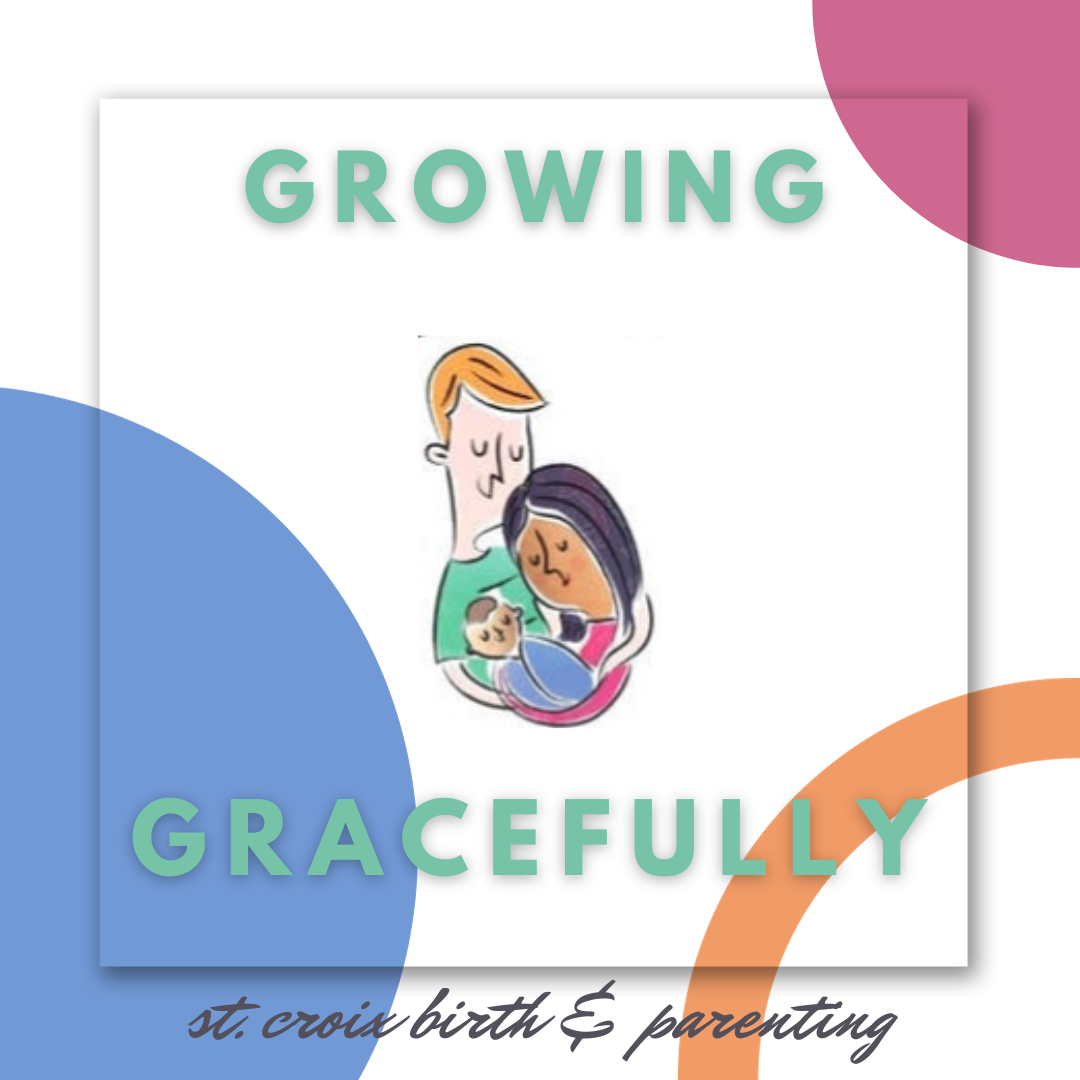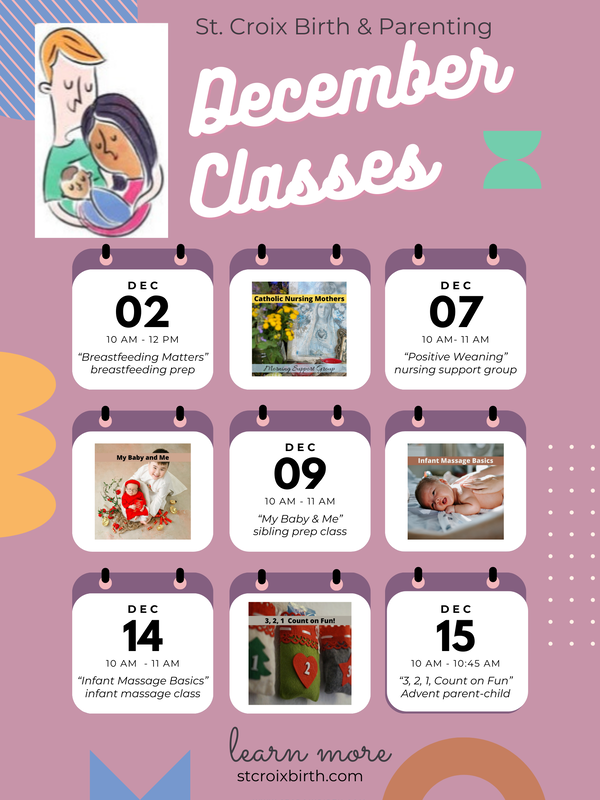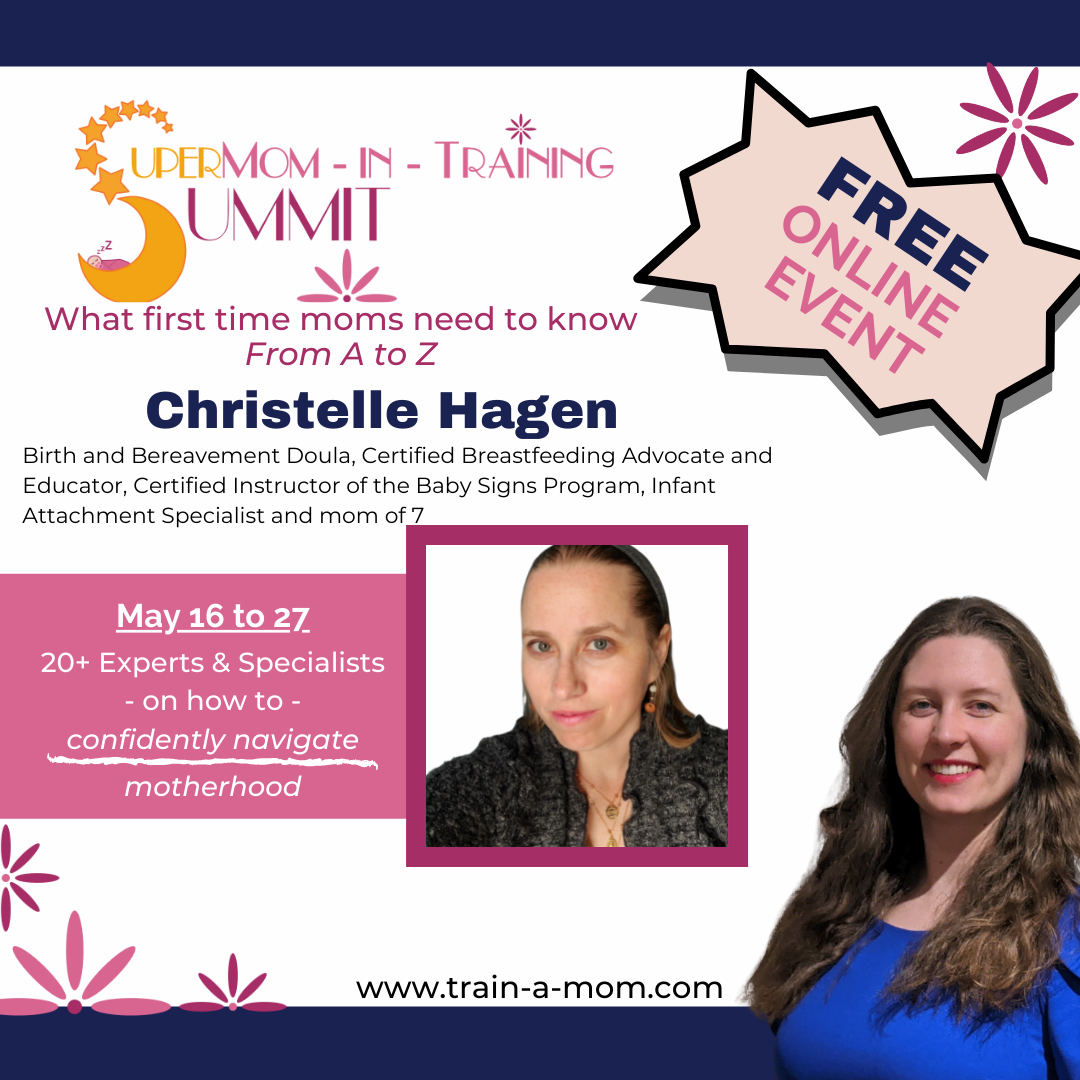GENTLE, POSITIVE WEANINGWhile the word "weaning" often conjures up images of wailing babies and swollen, painful breasts, gentle, baby-led weaning is often so gradual and natural a process that mother may not even remember the exact day or even week that her little one weaned from the breast. Gradual weaning is gentler on both mother and baby. I use the term "positive weaning" to describe this style of weaning. Instead of abruptly removing a child from the breast, positive weaning is a mindset that respects the child's developmental readiness and views weaning as a process. Being "fully weaned" is a milestone and achievement, like mastering how to use the toilet, learning to ride a bike, or learning to read. Positive weaning also respects the mother's needs and bodily integrity, since the process of weaning may often be the child's first exposure to the idea that each person's body belongs to that person, and their first experience of respecting that others can, and will, say "no" to him or her on occasion. These important lessons have many benefits for the child long into the future. INFANT MASSAGENo matter how they are fed, newborns benefit from infant massage as they transition from womb to world. For a young child, touch is as vital to life as milk. Infants who regularly receive infant massage cry less, develop faster, and have fewer discomforts. Infant massage is a wonderful way to encourage your baby's health and well-being while bonding with your child. JOYFULLY WELCOMING A NEW SIBLINGFor many children, their special time as the "baby of the family" will come to an end when a new sibling arrives. The uncertainty of how their child will handle this transition is often a source of considerable worry for parents during pregnancy. Often in books or shows on this topic, the older sibling is portrayed as jealous and the parents or grandparents as only interested in the new baby, and in my opinion, these negative depictions plant seeds of worry and pessimism in the older sibling that may contribute to a long-term "sibling rivalry." My own experiences as a mother of seven have taught me that this transition is easier on the new big brother or sister when the older child is involved in the pregnancy; for example, attending prenatal care or ultrasound appointments; looking at ultrasound photos together; or helping to pick out clothing or prepare the home for the new baby. It is beneficial if there have been age-appropriate discussions of the birth process and birth plans; as well as frequent discussions of what they can expect of a newborn, and how Mom, Dad, and Big Sister or Brother will care for the baby...all with a positive, excited attitude. During the typical challenges of pregnancy, and especially if complications arise during the pregnancy or birth, it is best to talk with your child in an age-appropriate way about what is happening to mommy or baby and how they can help, even if in very simple ways, like, "Please bring Mommy a glass of water." When the child does these precious acts of service, praise the child, letting him or her know what a great big brother or sister he / she already is. Empathy, gentleness, education, and encouragement will go a long way toward helping the young child to embrace this new role that, God willing, will last a lifetime. SCBP RESOURCES
0 Comments
I had the opportunity to answer questions and answers about Bonding with Baby yesterday at the free online SuperMoms-in-Training Summit. It was a great experience! Since the actual recording is reserved for summit participants, here's a recap of what I discussed. To bond with baby (as well as older children!) I suggest new parents look into attachment parenting (AP). I would argue that AP is simply instinctive parenting that has been practiced since the beginning of the human race, but it has been promoted in recent decades by Dr. William Sears and his wife, Martha Sears, RN. In their book, Attachment Parenting,* the Searses promote the "Seven B's" of AP:
In my Summit Q & A, I discussed a little bit about each of these practices. One reason I encourage mothers to work toward a natural, unmedicated birth without routine interventions is because such a birth usually provides the best conditions for normal breastfeeding, and breastfeeding is an important factor in bonding. Another important part of Birth Bonding is skin-to-skin contact between mom and baby -- and also dad and baby! And skin-to-skin is something you can do with your baby anytime, not just at birth. Research suggests that Breastfeeding is an important factor in mother-baby bonding. It's important to add that breastfeeding doesn't guarantee bonding, and other feeding choices certainly don't prevent bonding! However, breastfeeding releases bonding hormones in baby and mother, and is known as an important factor in bonding. There was a question about what can be done to prepare for breastfeeding during pregnancy. Make sure to get a lactation consultant lined up before you have a need! If needed, it is much easier to make a call for help to someone with whom you have already established a relationship than cold calling in what might feel like a very emergent situation. A second suggestion I have is to make sure you take a good breastfeeding preparation class! The third B is Babywearing. Babies who are "worn" (carried in a sling or infant carrier) cry less and are perceived as "easier" / happier babies. This can make bonding easier. In addition to babywearing, I also recommend Infant Massage! Infant massage is a wonderful way to promote your baby's physical and emotional health while growing in your bond. I spoke the longest about the fourth B: Bed Sharing because many have concerns about bedsharing safety. It is important to follow safe bed sharing guidelines! If bedsharing isn't something that you are interested in doing, it can be beneficial to sleep close to baby, for example, with baby in a "sidecar" arrangement or with bassinette in your room. I add Baby Sign language to the fifth B: Belief in the signal value of a Baby's Cries. The parent or caregiver recognizes that babies want to communicate their needs and it is our job to observe our babies and learn what their signals mean. Baby Sign language facilitates this process by giving babies a way to communicate their needs, thoughts, and emotions before they are able to speak! A mom asked how many signs to start with. I responded to say that in my Baby Signs classes (designed for babies 6-24 months), I teach about 6 signs per week and that seems to be enough variety without overwhelm. I also recommend starting with the mealtime signs because this is such an important area where parents and babies need to communicate every day! Similar to the Bedsharing B, I recognize that "Beware of Baby Trainers" is one of the more controversial AP practices. To make this less confrontational, I like to explain this one as avoiding those practices that force you to be less responsive to your baby. For example, there are some methods that are designed to "train" a baby not to cry...ever. This is the kind of practice that should be avoided if you want to practice AP, because it interferes with the previous B: recognizing the signal value of a baby's cries. (This B does not mean using gentle methods of weaning or helping your toddler learn to sleep through the night at an appropriate age. Of course all children should wean from the breast and sleep through the night!) The final B, which in my opinion is the most important, is Balance and Boundaries. Parents who gravitate to AP tend to be (like me haha) Type A perfectionists. It is important to be gentle with yourself and make sure your own needs are met: physical, emotional, social, and spiritual. AP can be intense and it is something that requires a lot of energy and commitment for the long-haul. You absolutely need to meet your own needs to be a long-term AP parent. You matter! And your baby does, too! Blessings to you and your baby.
RESOURCES
Quick Baby Rubdown! 3 minute massage for baby. Easy to fit in after a bath or to relax baby before bedtime. Infant Massage has many benefits for your baby, including better mental health into adulthood! This video is a mini version of the full body infant massage in our Infant Massage Basics class! Check our schedule for our next online class. Contact us to register! This video is intended for educational purposes only. Please consult your baby's doctor or medical care provider for specific advice about the care of your baby. It is not recommended that you use any oil on babies under 6 weeks of age. Consult with a certified aromatherapist or your baby's doctor concerning the use of essential oils on babies younger than three months old.
c. Christelle Hagen 2021 ~~~~~~~~~~~~~~~ Music Credits: Birthday Musician: LiQWID URL: http://soundcloud.com/liqwid |
Details
Archives
November 2023
Categories
All
Enter Your Email Address to get St. Croix Birth Blog Posts in Your Inbox(We don't collect your email address and you won't get anything else from us.)
|




 RSS Feed
RSS Feed